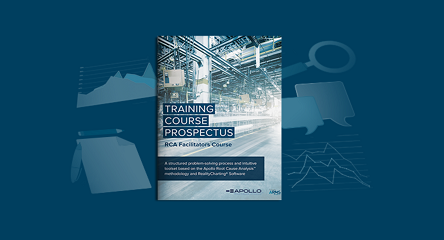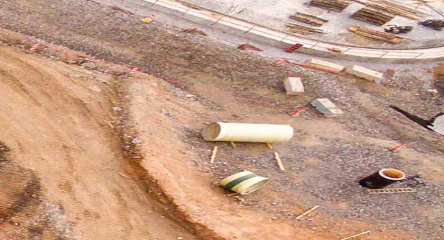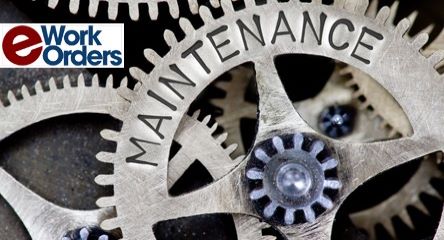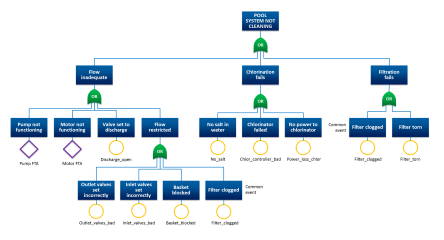In the field of maintenance and reliability, the position and honor of being a maintenance and reliability leader is pivotal in fostering a culture of continuous improvement and operational excellence. One of the most effective ways to achieve this is by embracing curiosity over judgement. Here’s why and how you as a leader can cultivate this mindset.
The importance of curiosity encourages learning and growth, curiosity drives leaders to seek out new knowledge and understand the underlaying causes of issues. This approach leads to a better problem-solving and innovation.
Curiosity also builds trust and collaboration. When leaders are curious, they ask questions and listen actively. This shows their maintenance teams that they value their thoughts and input. This builds trust and encourages open communication, and in turn promotes a positive work environment, why? A curious mindset views mistakes as learning opportunities rather than failures. When this happens, it will reduce fear of judgment and promotes a culture where your team feel safe to try different ideas and to be innovating in there thinking.
Now you are asking how can I do that? Here are strategies to help you foster the curiosity, instead of asking questions that lead to yes or no answers, ask questions that require explanation or thinking. For example, “What do you think caused this issue?” or “How can we improve and get better?” another strategy is to pay attention to the response you receive. Show your team that you are genuinely interested in understanding the issues and insights of your team members. Encourage exploration give your team the freedom to explore new ideas and process. Support them in their quest and provide the resources they need to be successful and learn. This is huge! REFLECT ON MISTAKES, when things go wrong and they will, focus on understanding what happened and why, rather than assigning blame. Use these moments as a learning and teaching tool to improve processes and to prevent future failures. Another strategy for maintenance and reliability leaders is continuous education and staying informed on the latest trends in maintenance and reliability best practices can help teach, ask better questions and provide more insightful guidance if you are well informed.
So, what is the impact of being non-judgmental? By not jumping to conclusions and assigning blame every time something goes wrong. Leaders can better understand the root causes of the problems and failures and develop more effective solutions. This will improve team morale and foster a supportive environment where your team members feel valued and respected. In turn, this will boost morale and productivity. Being non-judgmental will encourage innovation as your team is not afraid of being judged and more than likely will share creative ideas that will lead to greater innovation.
In conclusion, as a maintenance and reliability leader, adopting a curious rather than judgmental mindset can transform your team and maintenance operations. By fostering this culture of curiosity, you encourage continuous learning, collaboration and innovation, which in turn will lead to improved reliability and performance.





